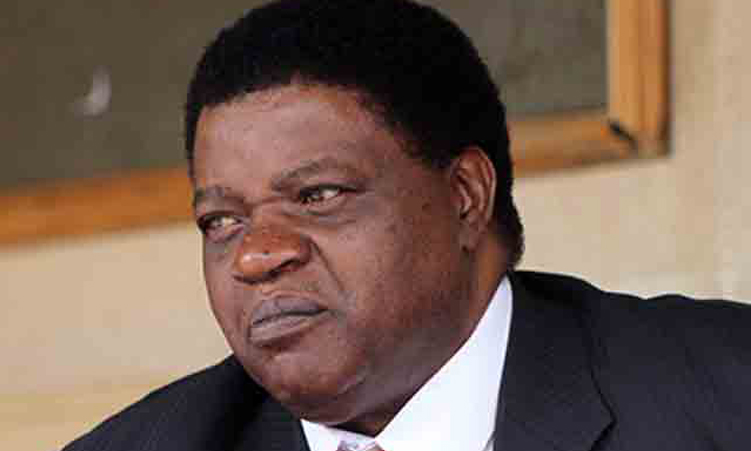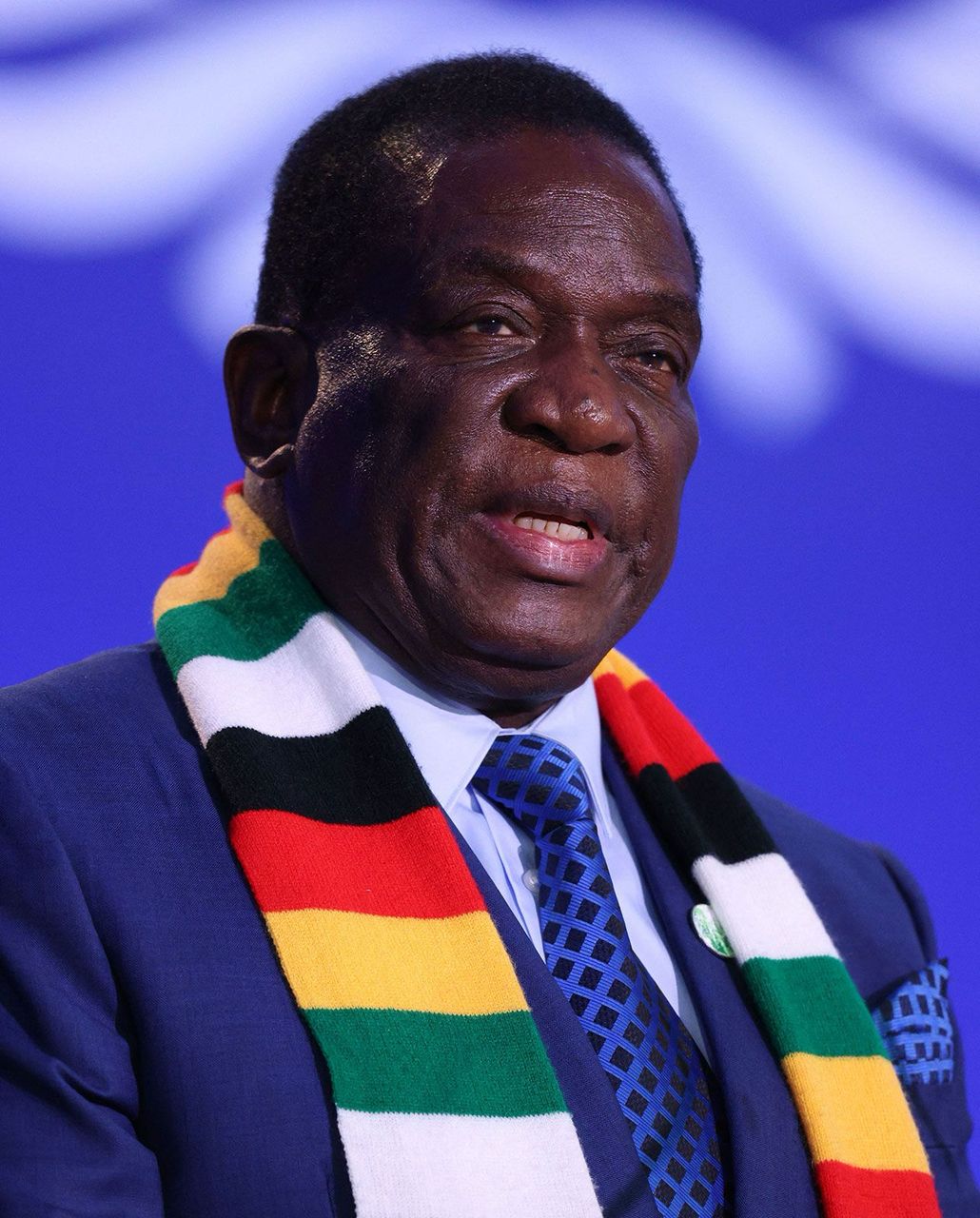Minister of labour, industrial relations and employment creation Utoni Nujoma has revealed that a proposal for a national minimum wage of N$18 per hour has been submitted to the Labour Advisory Council.
He said this at the 11th elective congress of the Namibia Food and Allied Workers Union (Nafau), which was underway at Rietfontein on Friday.
The minister expressed optimism about completing the necessary consultative and Cabinet processes to implement this national minimum wage by the first quarter of 2024.
“I note that the national minimum wage is not a substitute for collective bargaining. It would benefit low-paid workers, particularly the unorganised.
“The wages and benefits the unions can negotiate for their members are expected to exceed these minimums,” he said.
Nujoma also announced a comprehensive set of proposals aimed at reshaping the country’s labour landscape.
These include the establishment of a social security national pension fund, amendments to the Labour Act of 2007, as well as changes to the Social Security Act, the Employee Compensation Act, and the Affirmative Action Act.
Nujoma also outlined plans for the development of a national unemployment fund, the integration of informal economy strategies, and the introduction of a comprehensive occupational health and safety bill.
He also highlighted the government’s commitment to supporting trade unions.
“Our ministry is hard at work on many fronts, but we also want to render more concrete support to the trade unions, especially in the areas of capacity building, collective bargaining and the promotion of trade unionism. We welcome your proposals, but will also reach out to Nafau and other trade unions to arrange meaningful discussions on this objective,” he said.
Nujoma further called for collaboration between political leaders, congress delegates, and trade unions in realising labour reforms.
Stay informed with The Namibian – your source for credible journalism. Get in-depth reporting and opinions for
only N$85 a month. Invest in journalism, invest in democracy –
Subscribe Now!










